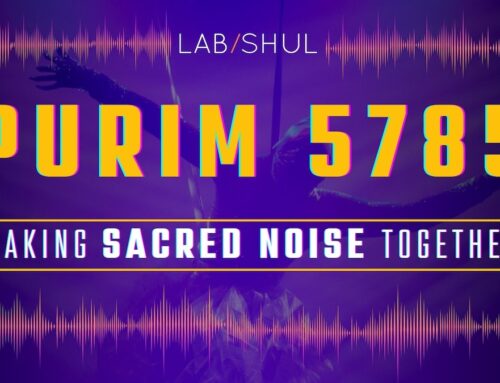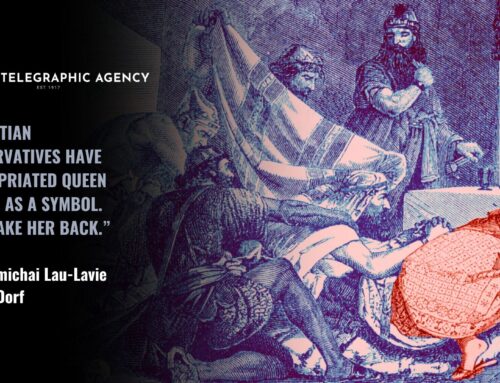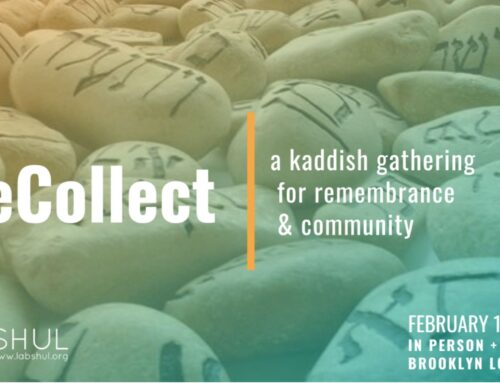Two years later. My family gathered in Jerusalem’s cemetery yesterday, huddled under umbrellas in the rain, marking the day of my father’s funeral.
We chanted many, many psalms and I stood there thinking: This man – a hero who survived the horrors of the Holocaust, who lived to warn of its ominous lessons, who wrote and spoke of the dangers of silence in the face of evil – what would he say today as Aleppo burns, as terror rises across the globe and as swastikas and worse show up daily in American streets and screens?
Would psalms suffice?
He was a shrewd diplomat and sharp journalist; what would be his advice for stepping up beyond stunned silence and clichés, for finding words and deeds that help us make sense and make good of this emerging reality?
He chose to cling to the religious traditions he was brought up with, even as he had some, mostly hidden, doubts about faith in a benign divine and the meaning of all these rituals and obligations. He worked so hard to pass on to us as a Jewish path of moderation, a way of love and life rather than fear and hatred; how would he feel about this fundamentalist turn within so many of the world’s religions?
After the psalms came the mourners’ prayer. My brothers and I recited the Kaddish that we had recited for one whole year, that we know by heart. Everybody replied “amen” to our pleas for peace, and then we all stood there in an awkward silence.
I wanted us to sing something or for someone to say a few words but more senior rabbis and family members called the shots. It’s not the norm. Just psalms and prayers. And so we got back into cars and drove home for soup. This was not a time for speaking up. I think my father would have agreed on that one.
Sometimes simple, if awkward, silence is the perfect marker of the absence of someone, when we don’t know what to think or say or do. But sometimes silence stings and kills. Sometimes silence can be just stubborn avoidance, or worse, an immoral indulgence, an irresponsible privilege in the face of injustice or loss.
These past two years of mourning have taught me first-hand about the gift of silence as a source of solace, and also taught me about ways with words that help transcend the deafening emptiness. We need them both.
From the year of saying Kaddish and the weekly phone-in Virtual Kaddish Call that I began at Lab/Shul one week after his passing (and still going strong), I got the power of the words that help us when we grieve and hurt, when we are mad or sad, when we need to negotiate between the unspeakable and the need to cry out. And I also got how sometimes sacred words are band-aids that cover up our bruises and fill in the space for all that’s on our minds and hearts with a ready made formula that works for some, or others, at least some of the time.
For me, the power of Kaddish was and is not about the magic formula of the words themselves, as meaningful as they are. The powerful purpose, the “secret sauce,” is in the fact that tradition requires at least ten people to come and say it together, serving as witnesses to one another’s journey and echoing “amen” as if to say, “We’re all in this together, and we’re here now for you, and with you.” Solidarity, if only for a moment. On deep soul levels that temporary sense of the communal care can sometimes be enough.
Maybe this is what my father would offer in response to all this awful scary news, beyond just a tired, silent shrug: Stick to the familiar paths that guide you, hold on to tradition, hold on to each other, keep on being hopeful, find a way to fight, and love.
But he’s silent in the grave and though I hear him say my name when I close my eyes I am aware that what I just wrote is my own translation of his complex legacy to me, and to us. Perhaps it’s close enough.
I’m grateful in ways immeasurable for the tools and teachings that my father gave me, more by modeling than by direct instruction. Ever since he died I honor, in my way, his daily practice of morning prayer and wrap myself in his prayer shawl, sitting in silence for a few minutes, adding just a few familiar words of liturgy to ground me in gratitude and in the now.
He would pray at home each morning with a glass of tomato juice on the table, glancing at the newspaper as he wrapped his tefilin. He preferred this solitary ritual instead of joining a nearby morning minyan. Me too. And yet he passed on the priority of being part of a community, building and sustaining congregations as part of his public responsibility for the greater good.
Beyond divisive politics and pious propaganda, beyond the isolation and the fear, there are soul-tools handed to us by ancestors that remind us to pause, tap into perspective, echo our presence with each other and connect to our deepest common ground. Some of these tools are ready to go, and some need some updating.
I’m grateful for my father’s tools and his life lessons – I’m packing them along with all my gifts for Hanukkah, ready to fly home to New York on Saturday night. And I’m so grateful that this community exists, reveling in new ways for our old ways with inherited traditions mixed with juicy creativity – more open arms and open hearts, less psalms, more beats, remixed.
I am beyond excited to mark this sacred winter season together with songs and silence, celebration and solidarity, reconnecting to the light we all bring to each other in so many weird and lovely ways. In the glow of those lights, with our tools of sacred silence and free speech, with tools of love and tools of justice, we will practice and perfect our age-old recipes for an honest, happy, helpful lives. Let there be light, my friends, and let’s #PassLightOn
Shabbat Shalom.
– Amichai Lau-Lavie
12/15/16












